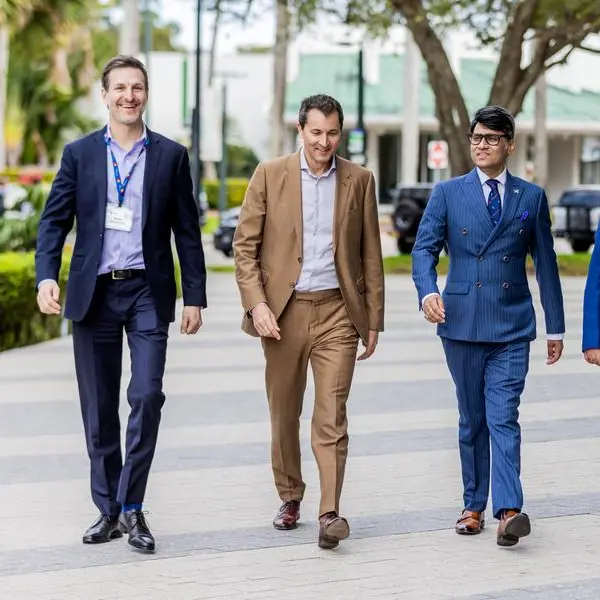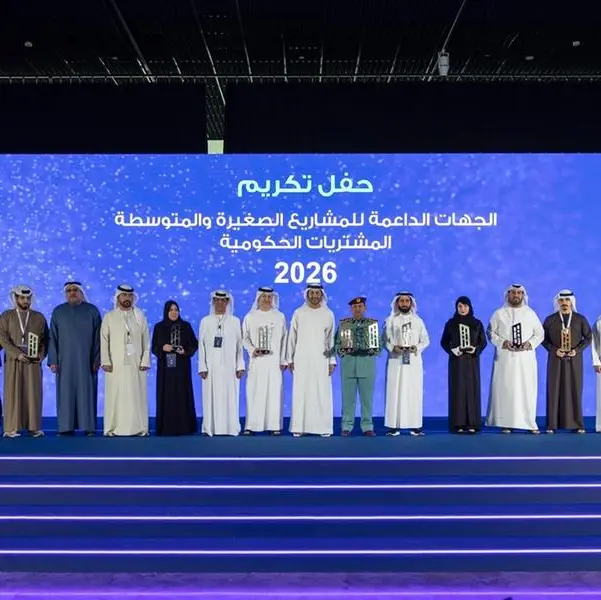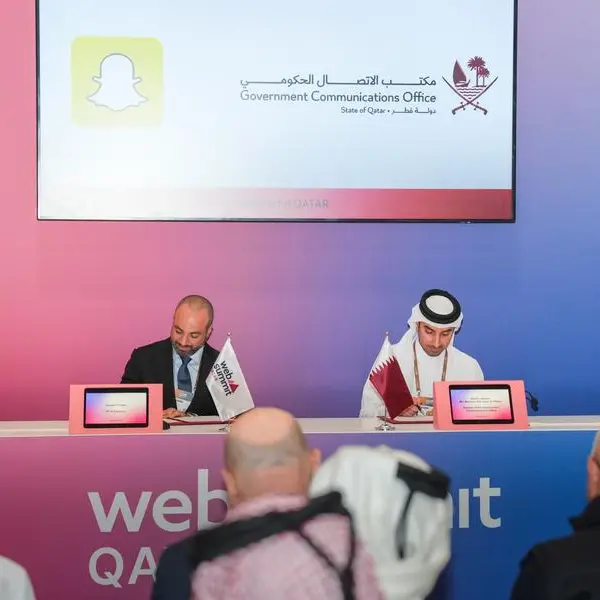
The United Nations Secretary-General’s Deputy Special Representative and Resident and Humanitarian Coordinator for Somalia, Adam Abdelmoula, visited Somaliland to assess the drought situation. He highlighted the need for urgent humanitarian support to drought-affected communities in the area.
During the two-day visit, Mr. Abdelmoula toured the drought-affected area of Cunaqabad, outside Hargeisa, where he witnessed the effects of the ongoing drought and interacted with displaced families in vulnerable conditions.
The Resident and Humanitarian Coordinator held separate discussions with Somaliland’s President, Muse Bihi Abdi, and Vice President, Abdirahman Abdilahi Ismail, who is also the chairperson of the drought committee of Somaliland.
He also met with UN personnel based in Hargeisa and Somali implementing partners.
Internal displacement and migration
Mr. Abdelmoula noted an increase in the number of displaced families arriving from other drought-hit parts of the country, seeking refuge in Somaliland.
“This is further stretching the thin resources available to the local communities,” he said with concern. “There is a need for increasing investments in durable solutions in the drought-prone regions and enhancing the delivery of social services in areas hosting displaced communities.”
Speaking at the end of his visit, Mr. Abdelmoula added that Somaliland leaders had shared similar views on the need for durable solutions, enhancing resilience of communities and investing in the humanitarian-development-peace nexus.
“What we need to do is invest more in the areas of origin of these newly displaced communities to ensure that they can safely stay home, and in parallel enhance the social services in the areas that have seen significant arrivals of people because of the drought,” Mr. Abdelmoula said.
According to the Drought Rescue Committee in Somaliland, persistent failure of rains in the Awdal, Marodijex, Sahil, Sanag, Sool, and Togdheer and regions has led to severe drought conditions that have displaced 810 000 people, and decimated crops and livestock.
In the 2022 Somalia Humanitarian Response Plan, the United Nations seeks to raise nearly US $1.5 billion to provide humanitarian assistance to 5.5 million vulnerable people, including 1.6 million Internally Displaced Persons (IDPs), 3.9 million non-IDPs, and people with disabilities.
Distributed by APO Group on behalf of United Nations Assistance Mission in Somalia (UNSOM).
© Press Release 2021
Disclaimer: The contents of this press release was provided from an external third party provider. This website is not responsible for, and does not control, such external content. This content is provided on an “as is” and “as available” basis and has not been edited in any way. Neither this website nor our affiliates guarantee the accuracy of or endorse the views or opinions expressed in this press release.
The press release is provided for informational purposes only. The content does not provide tax, legal or investment advice or opinion regarding the suitability, value or profitability of any particular security, portfolio or investment strategy. Neither this website nor our affiliates shall be liable for any errors or inaccuracies in the content, or for any actions taken by you in reliance thereon. You expressly agree that your use of the information within this article is at your sole risk.
To the fullest extent permitted by applicable law, this website, its parent company, its subsidiaries, its affiliates and the respective shareholders, directors, officers, employees, agents, advertisers, content providers and licensors will not be liable (jointly or severally) to you for any direct, indirect, consequential, special, incidental, punitive or exemplary damages, including without limitation, lost profits, lost savings and lost revenues, whether in negligence, tort, contract or any other theory of liability, even if the parties have been advised of the possibility or could have foreseen any such damages.



















